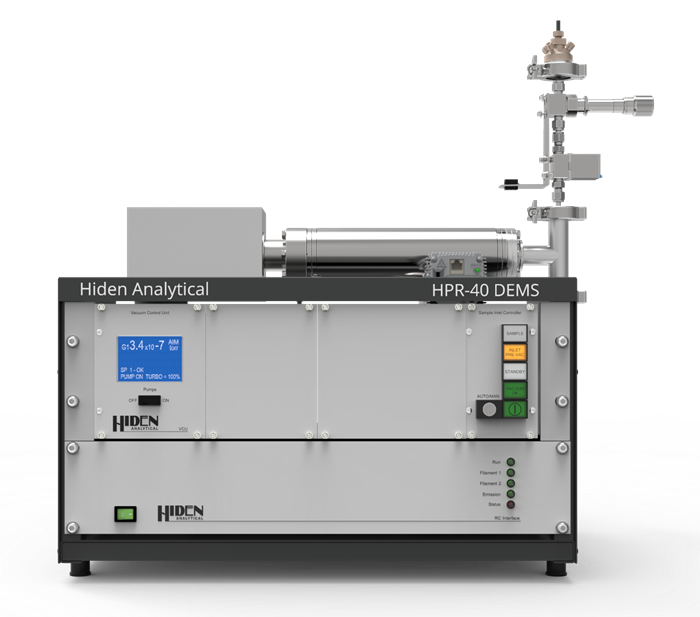Hiden Analytical is a world leader when it comes to manufacturing and the development of high-performance scientific instruments. It recently revealed how its innovative HPR-40 Differentially Pumped Mass Spectrometer (DEMS) system is forging new roads in the world of energy storage research.

Image Credit: Hiden Analytical
The Hiden HPR-40 DEMS system offers an elegant solution for the real-time analysis of volatile species and gases evolved in electrochemical reactions, a vital element of research in energy storage. This system tracks the smallest of chemical changes during reactions which largely contributes to the development of fuel cells, next-generation batteries, and other energy storage technologies.
"Our HPR-40 DEMS system is optimised to deliver both precision and sensitivity, enabling researchers to gain detailed insights into the behaviour of gases and volatile species during the electrochemical reactions that underpin energy storage systems," said Dr. Dane Walker, Technical Marketing Manager at Hiden Analytical. "This advanced level of understanding is helping to drive the discovery and development of innovative energy storage technologies."
The Hiden HPR-40 DEMS system has been created with particular attention to adaptability and versatility. The instrument's broad mass range capability and speedy response times offer incredibly detailed real-time analysis. It has been designed to be compatible with several electrochemical cells to meet the needs of researchers across a diversity of energy storage applications.

Image Credit: Hiden Analytical
With the incorporation of proprietary Hiden Quadrupole Mass Spectrometer technology and advanced differential pumping, the HPR-40 DEMS system guarantees high levels of sensitivity and accuracy.
The intuitive operation and unique features ensure the HPR-40 DEMS remains a powerful tool whether used for simple research and development or for product performance evaluation.
"As energy storage technology evolves, we're proud to provide the advanced analytical solutions that researchers need to keep pace with this rapidly changing field," Dr. Walker added. "The HPR-40 DEMS system exemplifies our commitment to enabling our customers to accelerate their discovery and innovation in the vital area of sustainable energy."
Hiden Analytical has invited researchers and scientists who work with energy storage technologies to explore the advantages of the HPR-40 DEMS system in more detail on their website.

This information has been sourced, reviewed and adapted from materials provided by Hiden Analytical.
For more information on this source, please visit Hiden Analytical.